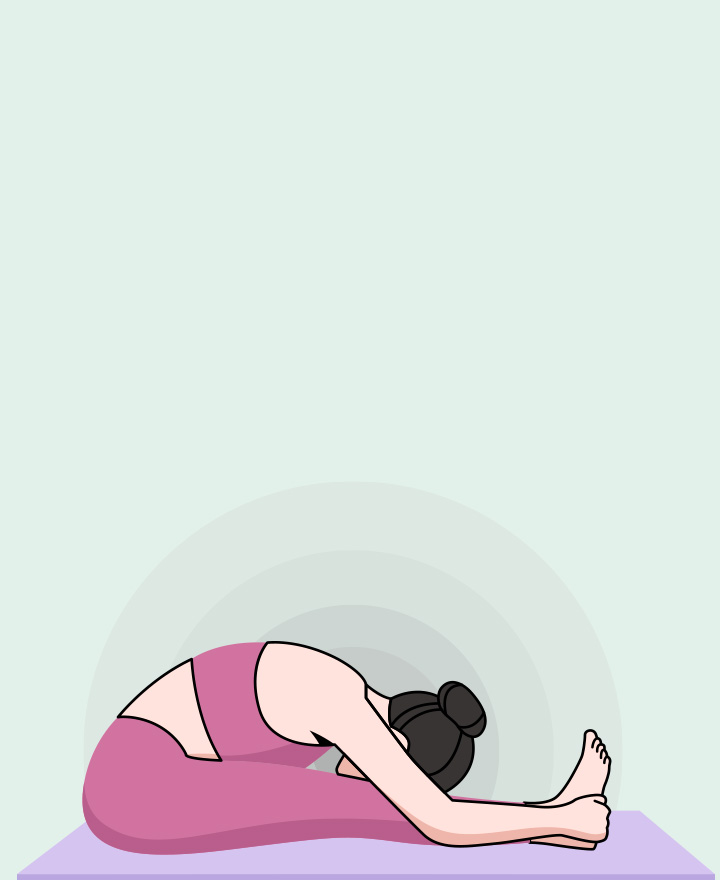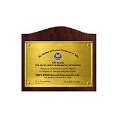

Dandasana Benefits and How to Practice It Correctly
‘Danda’ refers to a stick or staff, and ‘asana’ means pose. In the Dandasana pose, you stretch your lower back while extending your legs forward. It is one of the easiest foundational yoga routines to improve, strengthen and tighten your back, spinal and core muscles. It is also referred to as the “mother of all sitting asanas”, as it forms the base for many advanced postures. Dandasana is a simple pose that can be easily done by beginners, children and even pregnant women. When you follow the correct techniques of the staff pose, you can enjoy many health benefits. Read on to learn the right way to perform this asana and the numerous health benefits it offers.
Steps to do Dandasana the Right Way
Dandasana may appear to be easy, but it can take some time to master the technique. Here are the steps to do this pose correctly:
• Keep your legs stretched or extended forward while sitting on a mat.
• Point your feet upwards, and they should be kept close to each other.
• Keep your palm near your hips, with your hands pressed on the mat or floor for proper support.
• Now, use your thigh muscles to flex your feet.
• With your neck in a neutral position, roll back your shoulders.
• Gradually stretch your back as you press your palms firmly against the mat.
• Hold this pose for about 20 seconds. Take deep breaths while doing this.
• Repeat the pose five times daily.
Ensure to perform yoga asana with restraint, caution, and under the guidance of an expert. This will prevent the possibility of any health issue arising out of your practice. Certain health issues can lead to severe complications if not diagnosed and treated on time. The treatment can be quite expensive. That’s why it's a good idea to buy health insurance, so you don’t have to worry about unexpected medical costs. The policy will cover your healthcare expenses, relieving you of a huge financial burden.
Health Benefits of Dandasana
The health benefits associated with this pose are:
• Reduced Stress
The staff pose increases your mindfulness and makes you mentally alert. Hence, it helps fight off symptoms of stress and anxiety.
• Improved Posture
This pose requires you to stretch and straighten your spine. Hence, you can see a visible improvement in your body posture when you do this asana regularly.
• Relief from arthritis and inflammation-related pain
Since the muscles in your back, spine and core are engaged while doing the staff pose, it provides you with relief from pain caused by inflammation and arthritis.
• Improved digestive health
Your abdomen and digestive organs are put to work while practicing the staff pose. Hence, doing this regularly can improve your overall digestive health, and keep issues like constipation and gas at bay.
• Improved respiratory health
Deep breathing when stretching your back can improve the overall functionality of your lungs. Hence, you are at a reduced risk of respiratory issues, such as asthma and breathlessness.
• Strengthening of your back, spine and core
When you do this asana regularly, your back, spinal and core muscles become strong, giving you a lot of flexibility while doing other workouts.
Mistakes to Avoid
If you want to master the techniques of the staff pose quickly, you should avoid the following common errors:
• Not keeping your spine straight while holding the pose
• Keeping your shoulders tense
• Keeping your knees locked while extending your legs forward
• Not using your core muscle, or abdominal muscles, when stretching your lower back
• Holding your breath for longer than necessary
• Keeping your hands at the back of your body instead of keeping them near your hips
And when it comes to errors, make sure to never commit the error of being unprepared for health emergencies, especially when it comes to your parents or any other family member that needs your support. Understand the importance of health insurance for parents today and protect the two most important people in your life.
Tips to Remember
Here are some handy tips for you to practice Dandasana the right way:
• Seek guidance from a professional to master this pose, as it forms the foundation for many advanced yoga routines.
• Learn the technique gradually, and repeat it only about five times in one go. When you overdo your routines, the risk of injuries or pain is high.
• If you experience any pain or discomfort in your lower back when stretching, ensure you lean against a wall to perform this pose, at least in the initial stages.
• Always keep your legs extended in front of you. Don’t keep moving your legs in the middle of your pose.
• This pose requires you to stretch your core muscles a lot. It would be a good idea to warm up your core before starting this pose.
• Always practice this pose on an empty stomach (preferably early morning).
Conclusion
Dandasana is a foundational yoga pose that offers numerous physical and mental benefits. It can provide relief from digestive issues, arthritis symptoms, respiratory issues, and more. However, remember to seek medical help as this yoga pose alone cannot treat your condition.
One of the important components of our overall wellness is also being financially secured. Healthcare emergencies can happen any time, but a good health insurance policy can protect you from such uncertain situations. To know more about Wellness and other health related tips, visit the wellness corner.
Sources: tataaig.com, bajajfinserv.in
Disclaimer: This blog provides general information and discussions about health and related subjects. The information and other content provided in this blog, website or any linked materials are not intended and should not be considered or used as a substitute for medical advice, diagnosis or treatment. Kindly contact your doctor before starting a new medicine or health regime.
Related Articles
Daily Yoga Routine: How to Incorporate Yoga into Your Life
Super Brain Power Yoga in Just 6 Simple Steps
Everything You Need to Know About Hatha Yoga
Benefits of Daily Yoga Practice to Enhance Your Health
Published on July 17, 2025















 Health Insurance
Health Insurance  Travel Insurance
Travel Insurance  Car Insurance
Car Insurance  Cyber Insurance
Cyber Insurance  Critical Illness Insurance
Critical Illness Insurance
 Pet Insurance
Pet Insurance
 Bike/Two Wheeler Insurance
Bike/Two Wheeler Insurance  Home Insurance
Home Insurance  Third Party Vehicle Ins.
Third Party Vehicle Ins.  Tractor Insurance
Tractor Insurance  Goods Carrying Vehicle Ins.
Goods Carrying Vehicle Ins.  Passenger Carrying Vehicle Ins.
Passenger Carrying Vehicle Ins.  Compulsory Personal Accident Insurance
Compulsory Personal Accident Insurance  Travel Insurance
Travel Insurance  Rural
Rural